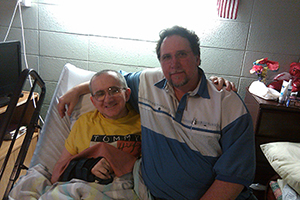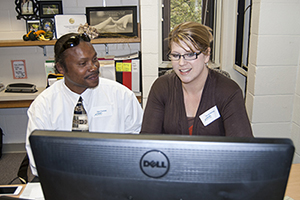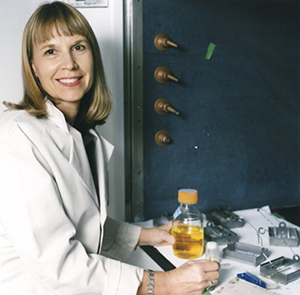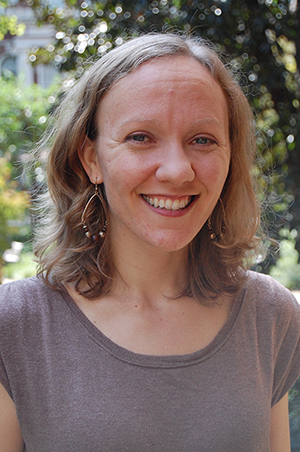Reflections
As part of the Vanderbilt Kennedy Center's 50th anniversary celebration, families, researchers, staff, trainees, and others shared their reflections. View a sample below, and select "more" to view additional comments.
| A reflection from a family |
 | For 50 years, the Center has searched for ways to improve the lives of people with disabilities and their families. One of those ways is sponsoring the Tennessee Adult Brothers and Sisters (TABS) sibling network….The VKC has many projects and programs that assist and empower our siblings, families, and us to provide the best life possible. John Donovan - Brother See More... |
| A reflection from a professional |
 | Recently a mother shared with me that over four decades ago she gave birth to a baby girl with Down syndrome. The medical staff and others strongly encouraged her to give her daughter over to an institution as it was the best option at the time. While in the hospital a social worker from the Kennedy Center discussed services and resources available to her if she chose to keep her child in her care. As a result of their conversation she decided to raise her child with the support of her family and this Center. This family is currently thriving in their community. To work somewhere that touches people’s lives on such an incredible level is an experience I am very fortunate to be part of. Sarah Harvey - VKC Disability Professional See More... |
| A reflection from a researcher |
 | When I first came to Vanderbilt, I was heavily involved in basic questions concerning neural development. Areas where there are errors in development offer clues about typical development and function. In addition, errors in development lead to sensory, motor, and cognitive deficits that similarly offer clues about how the brain is wired to perform tasks typically. The Vanderbilt Kennedy Center was originally attractive to me in the early 1980s because it was one of the few Centers on campus concerned with neural development and one of the few places where neuroscience investigators came together. Now my research is beginning a new chapter which may move our research questions closer to those of the Kennedy Center, since the structure we have been studying, the primate pulvinar, has been implicated in such developmental brain disorders as schizophrenia, autism, and ADHD. Vivien Casagrande, Ph.D. - Cell & Developmental Biology and Psychology See More... |
| A reflection from a trainee |
 | As a Postdoctoral Fellow, I was a trainee with LEND (Leadership Education in Neurodevelopmental and Related Disabilities]. This experience was invaluable to my current work as a clinical psychologist who specializes in diagnosing very young children with autism. My LEND training enhanced my abilities to understand families’ perspectives, to collaborate across disciplines, and to maintain cultural competence, all of which helps me provide better care to children and parents at a very difficult moment in their lives. Amy Weitlauf - VKC Member and Former LEND Trainee See More... |
Submit your reflection here